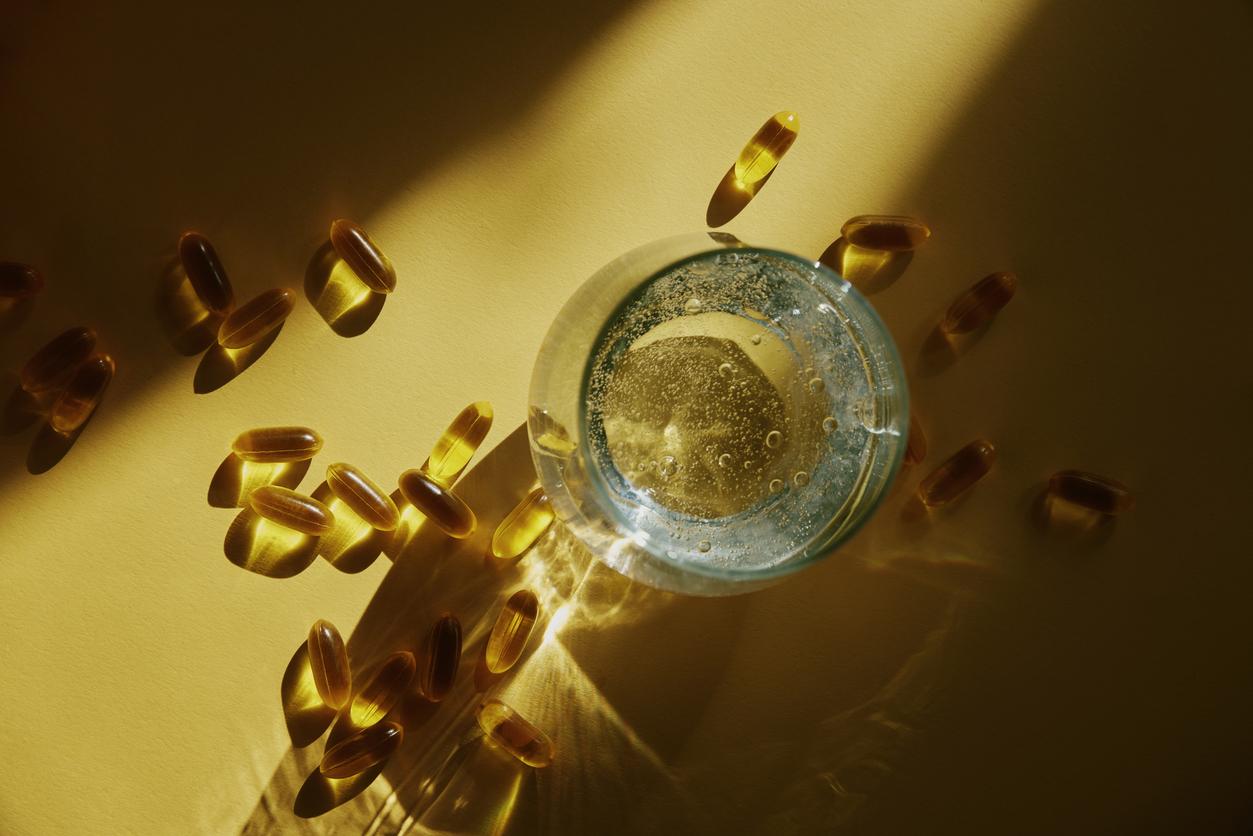# 1 green tea
Green tea is rich in vitamin C. On the other hand, it contains little caffeine. “Its effect is slower, but long-lasting, compared to coffee”, explains Marie-France Farré, naturopath and author of Do-it-yourself tea, herbal teas and health drinks (ed. Eyrolles). It is a powerful stimulant, which helps fight against fatigue. It is also recognized for its antioxidant properties. Avoid drinking it after 4 p.m.
# 2 Hibiscus
Tonic and invigorating, this plant is rich in vitamin C. It brings vitality and strengthens the body’s natural defenses. Please note, “hibiscus is not recommended for pregnant and breastfeeding women”, specifies Marie-France Farré. Pour a tablespoon of dried flowers in a liter of water. Let it steep for a few minutes. Avoid drinking your herbal tea after 4 p.m. as you may have difficulty falling asleep.
# 3 Eleutherococcus
This plant, also known as “Siberian ginseng”, is stimulating and revitalizing. It also helps to stimulate the natural defenses. Its effects are very similar to ginseng, but tradition has it that the latter is more suitable for men and eleutherococcus for women. Its root remains a powerful revitalizer, but it is not recommended if you take a drug against diabetes or to thin the blood as well as hypertensive.
The ideal is to make a cure of 10 to 21 days in the event of temporary tiredness. It can be used occasionally when there is an important deadline, but in this case, it has no adaptogenic effect. “Pour a teaspoonful of eleutherococcus into a cup. It can be consumed as an infusion; to do this, pour hot water over the plant and let it steep for ten minutes. It can also be prepared as a decoction. Let it boil for five minutes. Then let cool before filtering through a colander. “ For better efficiency, drink two cups a day but not after 5 p.m.
# 4 Moringa
A true “Swiss Army Knife” of Ayurvedic medicine, it is supposed to cure more than 300 diseases! Exceptionally rich in vitamins A, C and B, minerals (more calcium than milk, 25 times more iron than spinach!) And good fatty acids, it helps heal inflammation and infection but above all revitalizes the whole organization.
Its leaves can be prepared like spinach, in soups or as an infusion. In powder form, it is added to dishes, juices or hot milk (½ teaspoon of powder or one capsule per day, the dose can be gradually increased to double). It is also found in tablets and capsules.
# 5 Guarana
Highly dosed in caffeine, this Amazonian plant has an immediate stimulating effect. But beware of contraindications in the event of cardiovascular disease or ulcer, as well as not to exceed 400 mg per day (as a food supplement). For a longer-term action, it is in the interest of combining it with ginseng, or with eleutherococcus.
# 6 rhodiola
Another ally of choice, especially when fatigue results from stress or overwork. In a study published in Complementary Medicine Research, taking 200 mg of plant extract twice daily for eight weeks resulted in noticeable improvement in fatigue by the end of the first week. It is found as a supplement (check with the pharmacist), to be taken in the morning and at noon.
# 7 ginseng
Great star of the pharmacopoeia, ginseng is used to stimulate the body of tired people, to restore the capacity for physical work and intellectual concentration. The World Health Organization (WHO) recognizes its use in the fight against fatigue and stimulation of cognitive functions. She recommends to favor its consumption in the morning so as not to disturb the sleep. We recommend 200 mg of standardized extract per day once or twice, or 50 drops of mother tincture three times a day. Its dried root is also found in capsule form (in pharmacies).
In video: in what form to use ginseng?
Read also :
- 6 anti-fatigue solutions with essential oils
- Fatigue: the boost from trace elements
- 5 superfoods to boost your energy naturally
- Anti-fatigue: these 9 daily actions will restore your energy
- Anti-fatigue: The true from the false of what exhausts us!
- Fatigue: what if it came from your teeth?


















